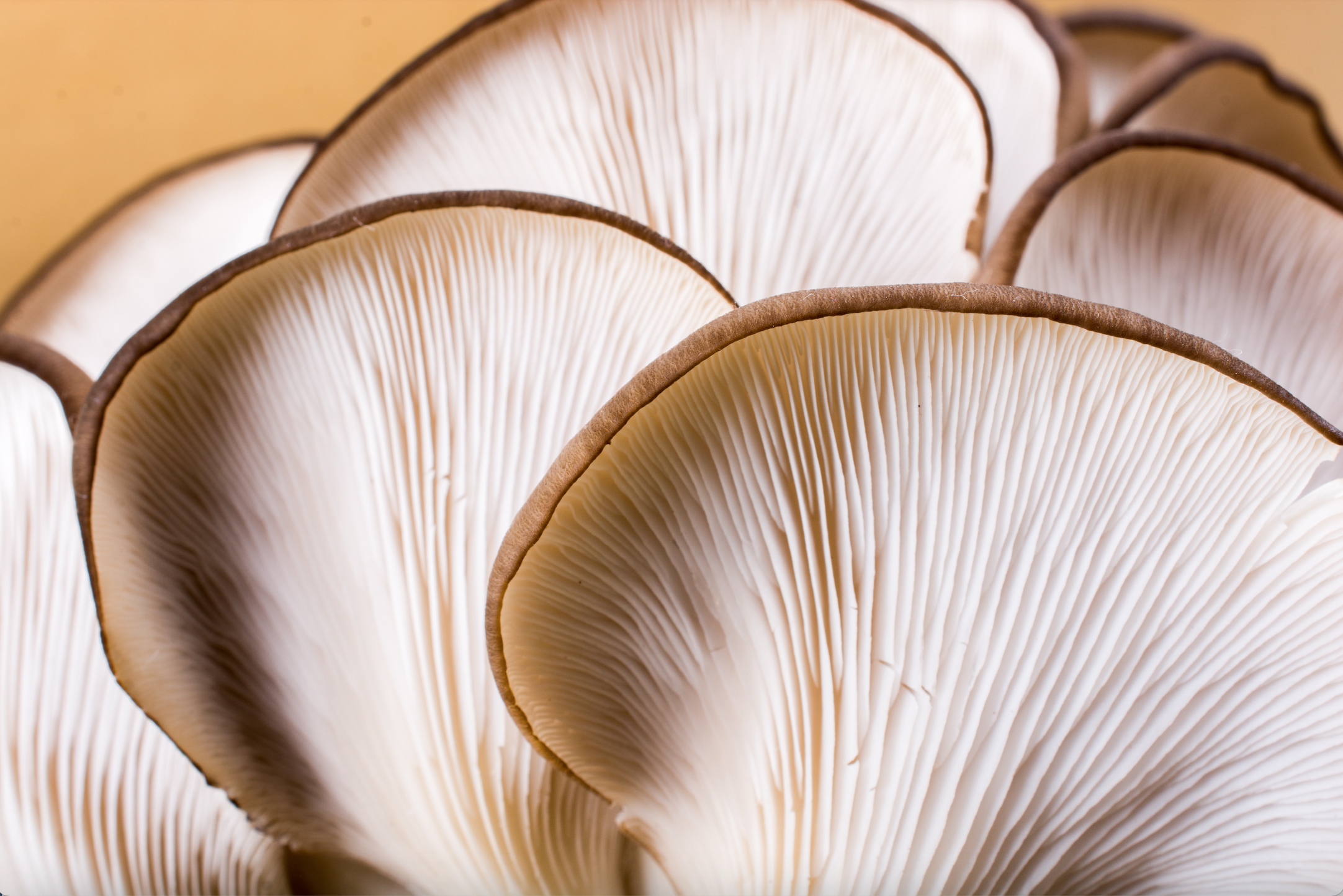Mushroom intake and depression: A population-based study using data from the US National Health and Nutrition Examination Survey (NHANES), 2005-2016.
Since mushrooms contain vitamin B12, nerve growth factor, and antioxidants (many of which are believed to help reduce anxiety), the aim of this 2021 study was to investigate how eating mushrooms correlate with depression in the United States. The study coordinators hypothesized that mushroom consumption would be linked with a lower risk of depression among adults. Data was extracted from the National Health and Nutrition Examination Survey 2005-2016. Among the ~25,000 participants, around 5.2% ate mushrooms, while the weighted prevalence of depression was 5.9%. The results showed that those in the middle tertial for mushroom consumption had lower odds of depression than people who ate no/little mushroom (those in the lowest tertial). In fact, those in the middle tertial for mushroom intake were 69% less likely to have depression than those in the lowest tertial. But interestingly, those who ate the most mushrooms (those in the highest tertial) did not differ much in terms of depression risk when compared with subjects in the lowest tertial for mushroom consumption. In conclusion, individuals who eat mushrooms were less likely to have depression than individuals who do not consume mushrooms, although this relationship was not dose dependent. Admittedly, a limitation of this study was the lack of specification of the mushroom type eaten by the respondents. [NPID: mushrooms, health, nutrition, vitamins, anxiety, depression, antidepressants, Americans, USA, US, diet, vegetables]
Year: 2021

 Navigation
Navigation






